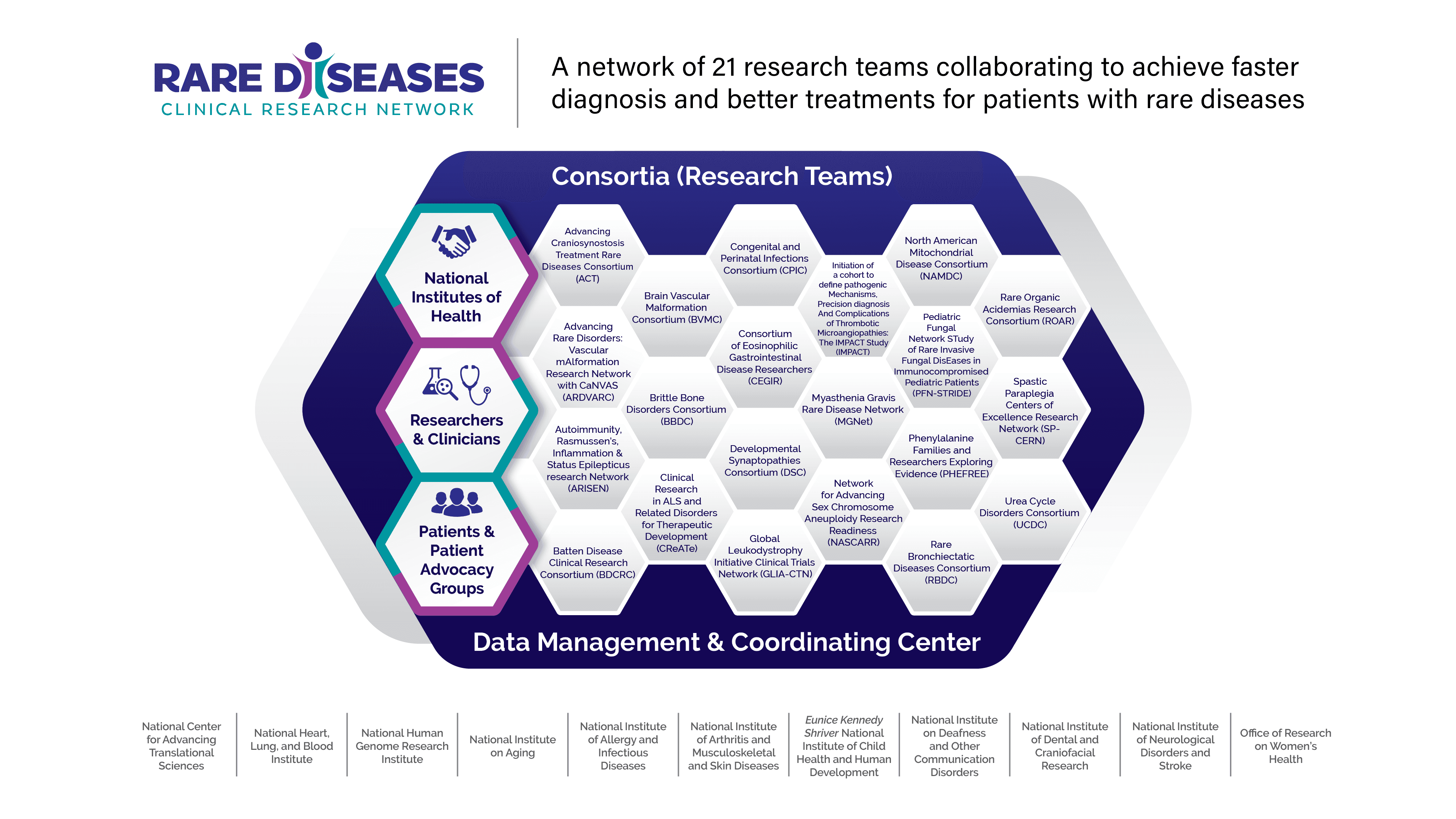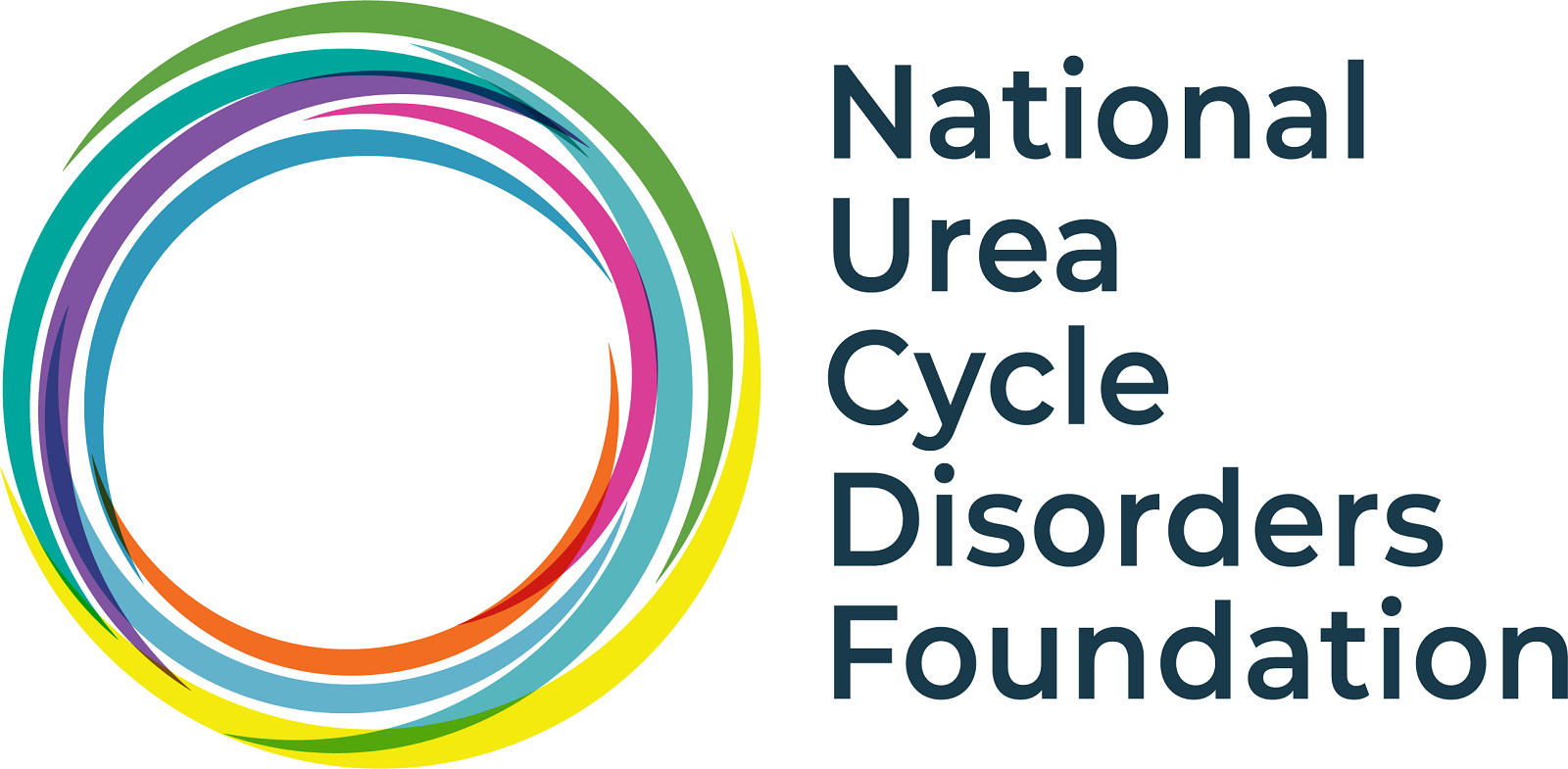
The Urea Cycle Disorders Consortium (UCDC), NUCDF's research partner, was recently awarded a no-cost extension to continue its participation in the National Institutes of Health's Rare Diseases Clinical Research Network (RDCRN).
The UCDC, which has been continuously funded under the RDCRN program since 2003, is among the 21 leading rare disease research teams included in the network's fifth funding cycle. NUCDF, as the UCDC's sole patient advocacy partner, will continue participating in the RDCRN's Coalition of Patient Advocacy Groups (CPAG), a network of leading rare disease patient groups.
This extension allows UCDC researchers up to 12 additional months to complete work being performed under the grant, with no additional funding.
NIH recently announced the start of the new funding cycle for RDCRN with awards totaling approximately $26 million in fiscal year 2025. This national network brings together scientists, clinicians, patients, families, and patient advocates to study a wide range of rare diseases.
Moving forward, the RDCRN network will consist of 21 research consortia, including 10 that are joining the network for the first time, five that were active in the previous cycle and have been awarded a five-year renewal, and six Cycle 4 consortia that are continuing through a one-year extension of their previous award. An additional $5.6 million has been awarded to a separate Data Management and Coordinating Center hosted at Cincinnati Children’s Hospital Medical Center to support these research efforts.
According to an RDCRN announcement, "Since its establishment, the RDCRN has supported hundreds of studies at over 300 clinical sites around the world. These efforts have resulted in over 3,000 publications with topics ranging from natural history studies and case reports to practice guidelines and clinical trials of new treatments. Findings from these studies have contributed to the approval of 11 treatments for rare diseases by the FDA."
The UCDC's natural history study is one of the many key projects supported by the RDCRN. That longitudinal study, which collects and analyzes data on affected patients over time, has been foundational in advancing research into urea cycle disorders.
Learn more about the other research teams that have been awarded funding and the diseases they are studying here.
